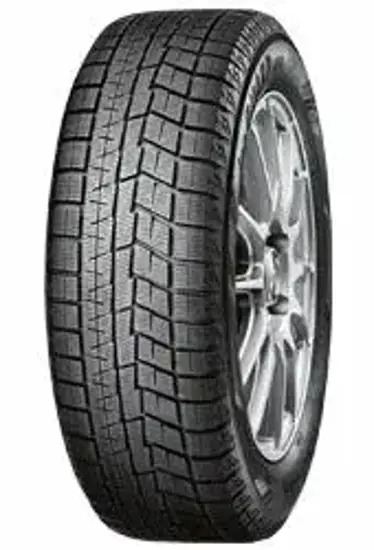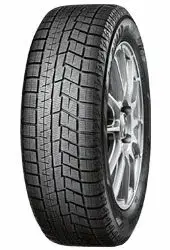Yokohama iceGuard iG60 245/45 R19 102Q
Technical specifications
Description
Application
- Luxuriously tuned SUVs, compact cars, sporty sedans or coupes
Advantages
- Excellent ice grip
- Grip on wet surfaces
- Durable grip
- Fuel efficient
Features
- Premium absorbent compound
- Asymmetric tread design
- Quattro 3-D dimple sipes
- Double micro grooves
- Low heat generating tread
Manufacturer information
EU Tyre Label
The Tyre Labelling Regulation determines the information that must be provided with regard to tyres' fuel efficiency, wet grip and external rolling noise. Information is also provided on the product's performance in wintery driving conditions.
Regulation EU 1222/2009, which has been in force since 01/11/2012, has been revised and will be replaced from 1 May 2021 by Regulation EU 2020/740, from which point new standards will apply. The assessment categories for fuel efficiency, wet grip and external noise have been changed and the layout of the EU label has been changed accordingly. The manufacturers' product data sheets, stored in the EU database, can be downloaded via a QR code integrated into the label. It also includes information on snow grip and ice grip for tyres that meet these criteria.
The following tyres are exempt from the regulation:
- Tyres designed to be fitted only to vehicles registered for the first time before 1 October 1990
- Remoulded tyres (until Regulation EU 2020/740 has been widened accordingly)
- Professional off-road tyres
- Racing tyres
- Tyres with additional devices to improve traction, e.g. studded tyres
- Temporary-use spare tyres (T-type tyres)
- Tyres with a speed rating below 80 km/h
- Tyres with a nominal rim diameter of 254 mm or less and 635 mm or more

 Austria
Austria









